Learning scikit-learn: Machine Learning in Python. Incorporating machine learning in your applications is becoming essential. As a programmer this book is the ideal introduction to scikit-learn for your Python environment, taking your skills to a whole new level Raul G Tompson, Guillermo Moncecchi
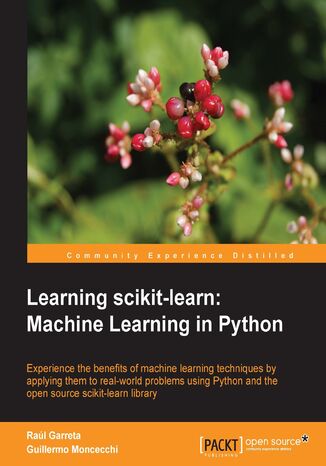



- Autorzy:
- Raul G Tompson, Guillermo Moncecchi
- Wydawnictwo:
- Packt Publishing
- Ocena:
- Stron:
- 118
- Dostępne formaty:
-
PDFePubMobi
Opis
książki
:
Learning scikit-learn: Machine Learning in Python. Incorporating machine learning in your applications is becoming essential. As a programmer this book is the ideal introduction to scikit-learn for your Python environment, taking your skills to a whole new level
With Learning scikit-learn: Machine Learning in Python, you will learn to incorporate machine learning in your applications. The book combines an introduction to some of the main concepts and methods in machine learning with practical, hands-on examples of real-world problems. Ranging from handwritten digit recognition to document classification, examples are solved step by step using Scikit-learn and Python.
The book starts with a brief introduction to the core concepts of machine learning with a simple example. Then, using real-world applications and advanced features, it takes a deep dive into the various machine learning techniques.
You will learn to evaluate your results and apply advanced techniques for preprocessing data. You will also be able to select the best set of features and the best methods for each problem.
With Learning scikit-learn: Machine Learning in Python you will learn how to use the Python programming language and the scikit-learn library to build applications that learn from experience, applying the main concepts and techniques of machine learning.
Wybrane bestsellery
Packt Publishing - inne książki
Dzięki opcji "Druk na żądanie" do sprzedaży wracają tytuły Grupy Helion, które cieszyły sie dużym zainteresowaniem, a których nakład został wyprzedany.
Dla naszych Czytelników wydrukowaliśmy dodatkową pulę egzemplarzy w technice druku cyfrowego.
Co powinieneś wiedzieć o usłudze "Druk na żądanie":
- usługa obejmuje tylko widoczną poniżej listę tytułów, którą na bieżąco aktualizujemy;
- cena książki może być wyższa od początkowej ceny detalicznej, co jest spowodowane kosztami druku cyfrowego (wyższymi niż koszty tradycyjnego druku offsetowego). Obowiązująca cena jest zawsze podawana na stronie WWW książki;
- zawartość książki wraz z dodatkami (płyta CD, DVD) odpowiada jej pierwotnemu wydaniu i jest w pełni komplementarna;
- usługa nie obejmuje książek w kolorze.
Masz pytanie o konkretny tytuł? Napisz do nas: sklep@helion.pl
Książka drukowana


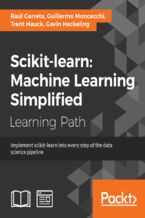

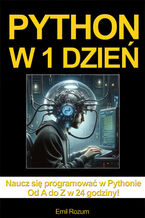
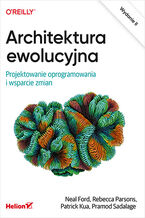
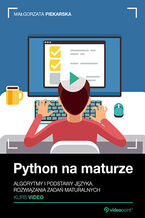
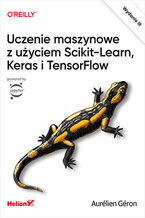
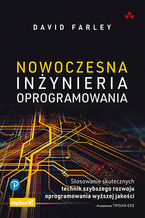
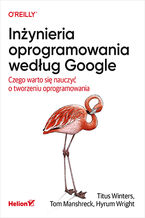
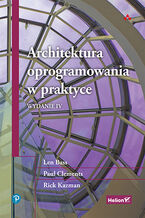
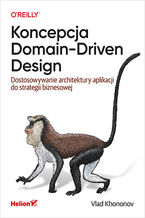
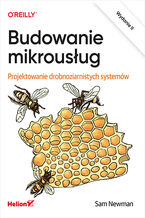
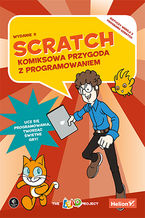






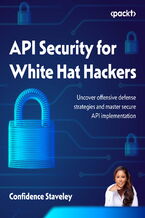

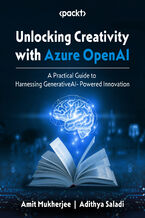
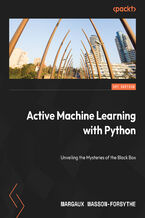
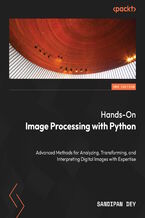
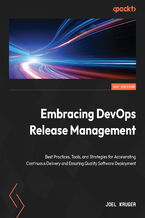



Oceny i opinie klientów: Learning scikit-learn: Machine Learning in Python. Incorporating machine learning in your applications is becoming essential. As a programmer this book is the ideal introduction to scikit-learn for your Python environment, taking your skills to a whole new level Raul G Tompson, Guillermo Moncecchi
(0)